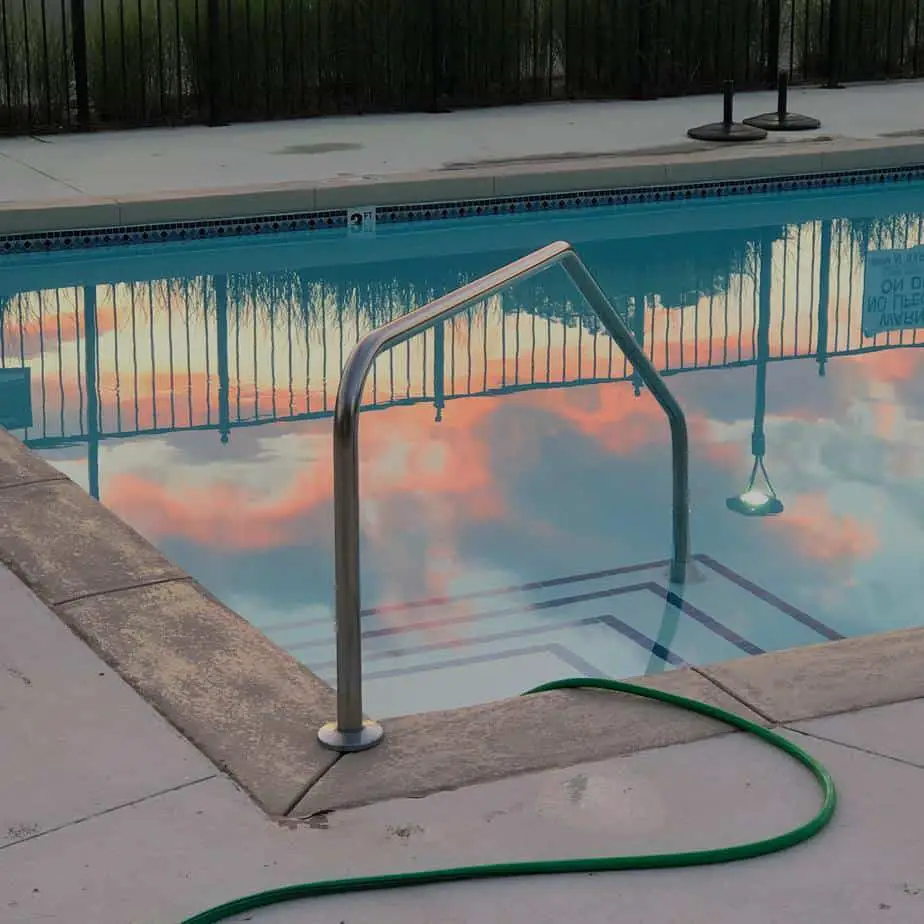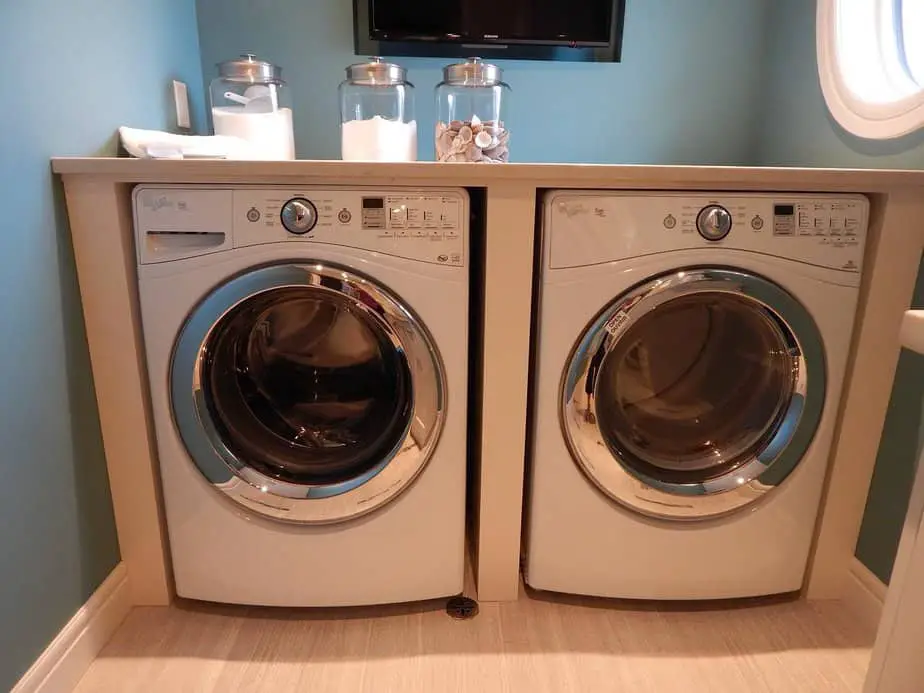When it comes to swimwear, there’s no such thing as buy-it-for-life. Each swimsuit you buy, you do so with the understanding that you will replace it in the near future; sooner rather than later if you are very active.
All clothing experiences wear and tear, but bathing suits in particular experience much more than regular clothes. There are many factors that contribute to this, from exposure to chemicals like chlorine, sunscreen, and detergents, to rubbing up against abrasive surfaces, as well as exposure to the damaging effects of UV radiation if you’re swimming outdoors.
With all of these risk factors, it should not be surprising to hear that swimsuits have a relatively short lifespan. The lifespan of a swimsuit also depends on additional factors such as the quality and type of material it is made of, how often you swim, indoors vs. outdoors, and most importantly, how well you are taking care of your bathing suit by washing, drying, and storing it properly.
Assuming you bought a relatively cheap swimsuit, swim moderately, and put in an average level of care towards maintenance, a swimsuit can last between 1-3 months. If you bought a high-quality, chlorine-resistant bathing suit and you are taking excellent care of it, even if you are swimming frequently, it could last for 1-2 years or even more.
If you are tired of your bathing suits lasting for only one summer, keep reading on and we will discuss how to avoid the common pitfalls beginners fall into when it comes to swimsuit maintenance, as well as show you the best practices to ensure your swimsuits last as long as possible.
What factors affect your swimsuit’s lifespan?
There are many things that can wear down your swimsuit over time. Some of these are avoidable (or you can limit exposure to them), but others are absolutely unavoidable. Being aware of these factors will help make better choices that will ensure your swimsuit lasts longer.
Chlorine

The number one destroyer of swimsuits is chlorine. Chlorine is a chemical used in all swimming pools because of its ability to kill bacteria. It’s the reason why so many people can swim in the same pool without getting sick.
Whether you are swimming at a public pool or your own pool, your swimsuit will be exposed to chlorine. There is simply no getting around this. Even saltwater pools use chlorine, contrary to what some may think.
Chlorine is a necessary evil because it can also damage your hair and skin if it is not washed off. For swimsuits, chlorine will deteriorate the fabric and elastics very quickly. For this reason, you should make use of the showers at the pool to rinse the chlorine off of yourself, as well as your swimsuit.
Sunlight

Have you ever left anything in the sunlight for too long? It could be a piece of furniture, an appliance, or some decor around your home. You’ve probably noticed that the areas that the sunlight was exposed to has become discolored and brittle.
Similarly, if you expose your skin to the sun for too long, you will experience sunburn and increased risk of skin cancer. UV radiation is no joke. Everything that is left exposed to it for too long gets damaged.
Even though your swimsuit has a UPF rating, meaning it is UV resistant, that doesn’t mean it’s immune to its effects. Over a long enough period of time, your swimsuit will fade and deteriorate. This is also the reason why you shouldn’t dry your swimsuit in the sunlight.
Lotions and oils

If you’re swimming outdoors, sunscreen is a must. If you plan on sunbathing, tanning oil is also a necessity. Essential as they are, it is very difficult to avoid the chemicals contained in these products that can stain and deteriorate your swimsuit.
Abrasive surfaces
Be careful of where you sit. If you’re at the beach, always place a towel down before you sit or lie down. Debris in the sand can wear down or even tear your delicate swimsuit. Also be wary when sitting on logs, boulders, concrete, or any abrasive surface.
Detergents
If you want to wash the chlorine off of your swimsuit, you may ironically expose your swimsuit to an equally damaging chemical depending on the detergent you use. The active ingredient in most detergents is bleach, which is definitely too harsh of a chemical to wash your swimsuit with, even watered down.
You must specifically use a mild detergent, such as swimsuit detergent, which is made with all-natural ingredients. You can also use distilled white vinegar, baking soda, or dish soap to safely wash your swimsuit as well.
Mold
If, after swimming, you forget about the damp swimsuit in your bag until the next day, you are very likely to open your swim bag to find your bathing suit covered in black dots (or a white powder).
The black dots are mold, and any white powdery substance is mildew, which is a type of mold. Even if you cannot visibly detect mold, if you notice a musty odor, then that is a sign of fungal growth.
Mold is very bad for your health. It can trigger asthma, cause skin rashes, and cause respiratory issues such as a lung infection.
If mold is not quickly washed off, like a stain, it can permanently become part of the fabric and you may not be able to fully wash it off. In other words, leaving your damp swimsuit unwashed and soaking wet is a surefire way to ruin it well before the end of its natural lifespan.
Swimming frequency

The more often you swim, the more likely that your swimsuit will be exposed to all of the above as a matter of course. Even if you’re really on top of your game and doing everything right with regards to maintenance and care, higher swimming frequency will introduce wear and tear much faster no matter what.
There is not really a way around this other than to swim less, which is not an acceptable answer. It may be more worth it for you to invest in a high-quality swimsuit that lasts longer, rather than needing to replace your swimsuit each month due to how quickly you wear them down.
Swimsuit material
Most swimsuits are made of Lycra or nylon. If your swimsuit only lasts a few months, chances are that’s because it is made of these materials. These materials aren’t bad; they are certainly far more suitable for swimming than people who wear regular clothes to the pool. That said, they are par for the course when it comes to swimsuits.
If you truly want your swimsuit to last a long time, look for a chlorine-resistant swimsuit. Typically, these swimsuits are made of 100% polyester. Swimmers have had great success using their polyester swimsuits for years on a near daily basis before needing to replace them. Polyester swimsuits simply blow all other swimsuits out of the water as far as longevity is concerned.
The washing machine and dryer

Just like you would follow the washing instructions on the tag of your most beloved articles of clothing, you should do the same for your bathing suit.
Your swimsuit will tell you to avoid hot water, and will most likely recommend you hand wash it. You can get away with tossing it into the washing machine or dryer, but you need to set the temperature to cold and to tumble on a gentle setting.
The spinning motion of these cleaning appliances is very rough on a swimsuit. For this reason, you should protect it by putting it in a mesh wash bag. You should also wash and dry it with towels.
Do not mix your swimsuit with other clothes. Zippers and buttons on regular clothing will rub against your swimsuit and cause significant wear and tear (pilling is a common indicator of this).
There is a risk to laundering your swimsuit by using these machines; expect its lifespan to be reduced. The safest option is to hand wash and let it drip dry in a ventilated location out of direct sunlight.
Parting words
Swimsuits can last anywhere from a few weeks to a few years. It depends on many factors, not least of which is the material it is made from and how carefully you’re washing and drying it. If you swim very often, expect your swimsuit to wear down faster.
By being aware of the factors described above, you can make better decisions with regards to how you treat your swimsuit so that it can last for as long as possible. That way, maybe you can finally have a swimsuit that lasts multiple summers instead of just one.

